2023-2024 Year in Review: Real world impact
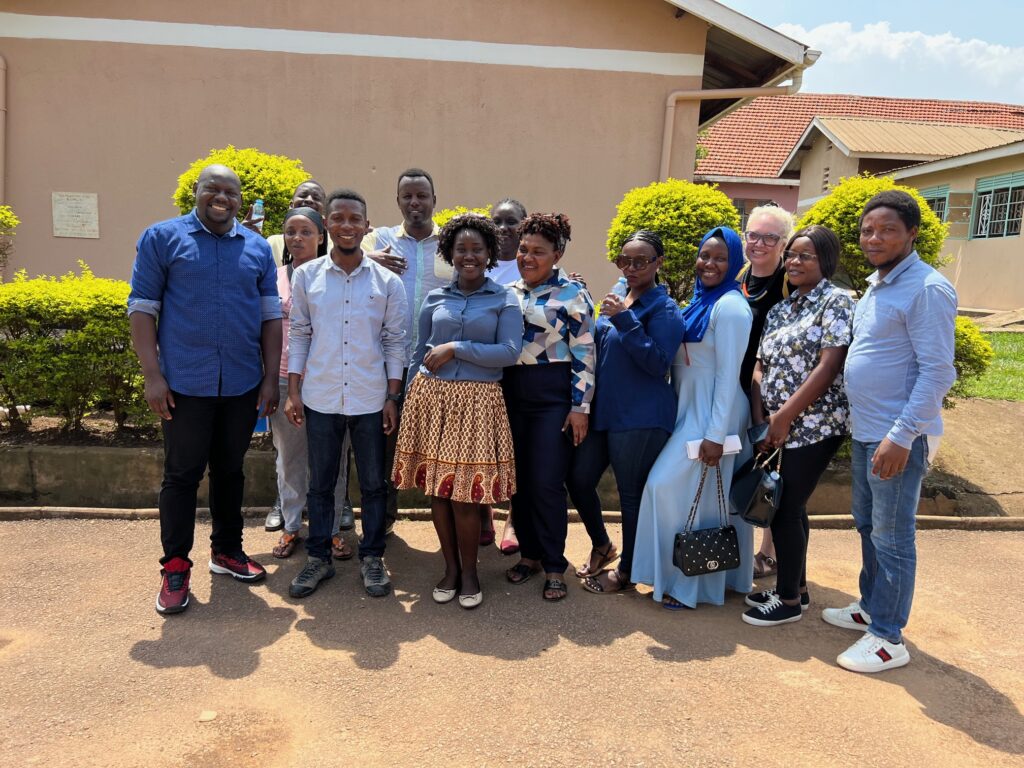

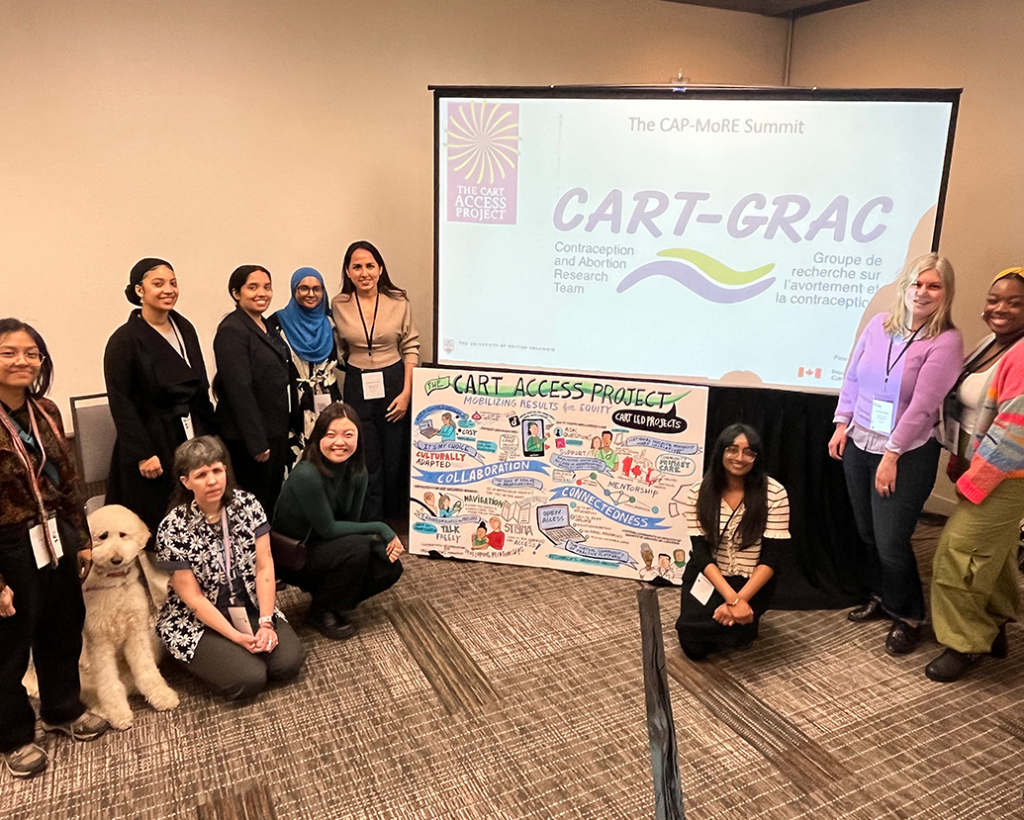
Social work research is interdisciplinary, collaborative, and increasingly global and community-based. FIFSW researchers have long been known for their work uncovering evidence that helps inform practice, but their impact extends far beyond the social work field.
Here are just some examples of our Faculty’s real-world impact from this past year.
Research from the new Child and Youth Trauma Research Incubator (ThRIve lab), led by Professor Ramona Alaggia will inform provincial policies and practices to improve the lives of mistreated children and youth, by developing best practices and improving training for professionals and caregivers.
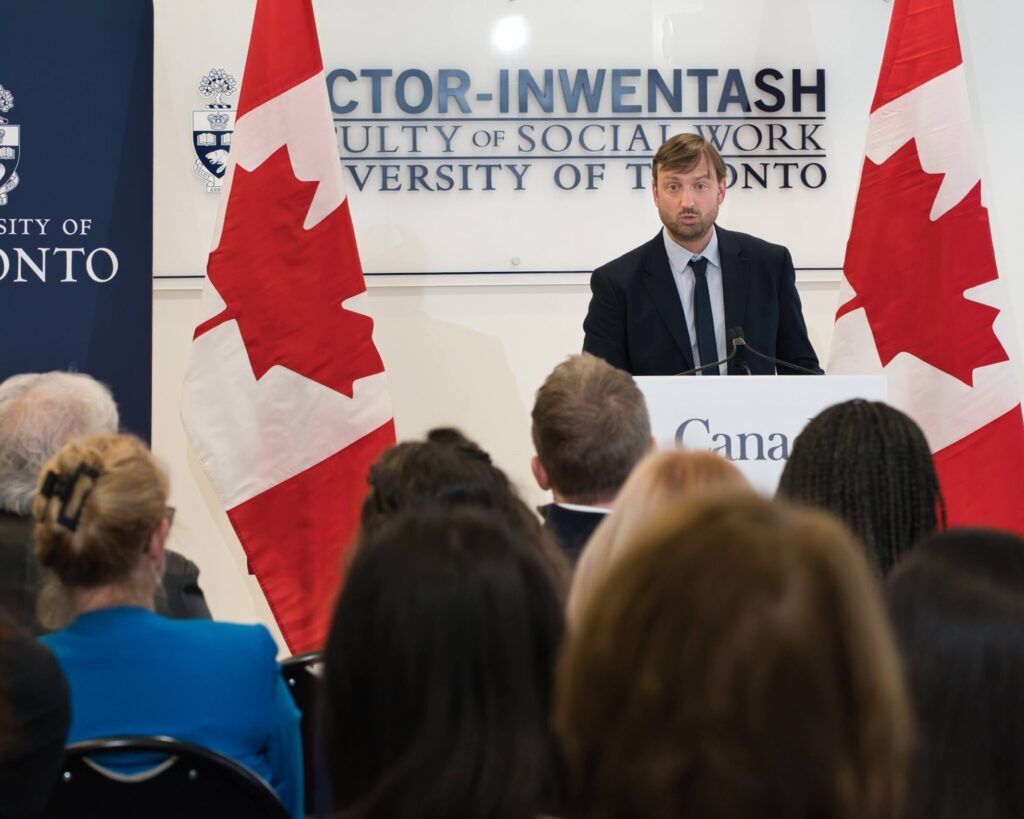
RISE, a community-based program led by Professor David Burnes, received $800,000 from the Government of Canada to conduct research that will reduce harm, increase autonomy, restore relationships, and advance justice among people experiencing elder abuse and self-neglect.
Associate Professor Lin Fang in collaboration with the Hong Fook Mental Health Association explored youth’s experiences with anti-Asian racism and their perspective on how anti-Asian racism is formed and maintained. Their research supported reflexive insights that served as a form of resistance to anti-Asian Racism.

Professor Carmen Logie is uncovering strong links between climate change impacts and mental health through her research with refugee communities in Uganda, Kenya, Thailand, and India and Indigenous communities in Canada’s Northwest Territories.
Assistant Professor Harry Taylor’s findings on the association between social isolation, depressive symptoms and psychological distress among African Americans and Black Caribbeans offers insight into underdeveloped research that can inform evidence-based interventions to improve mental health among Black populations.
Professor Daniyal Zuberi contributed to the development of a roadmap for researchers examining the impact of artificial intelligence (AI) on workers and workplaces, helping ensure that health, safety, well-being and equity are at the forefront of workplace AI system design and adoption.
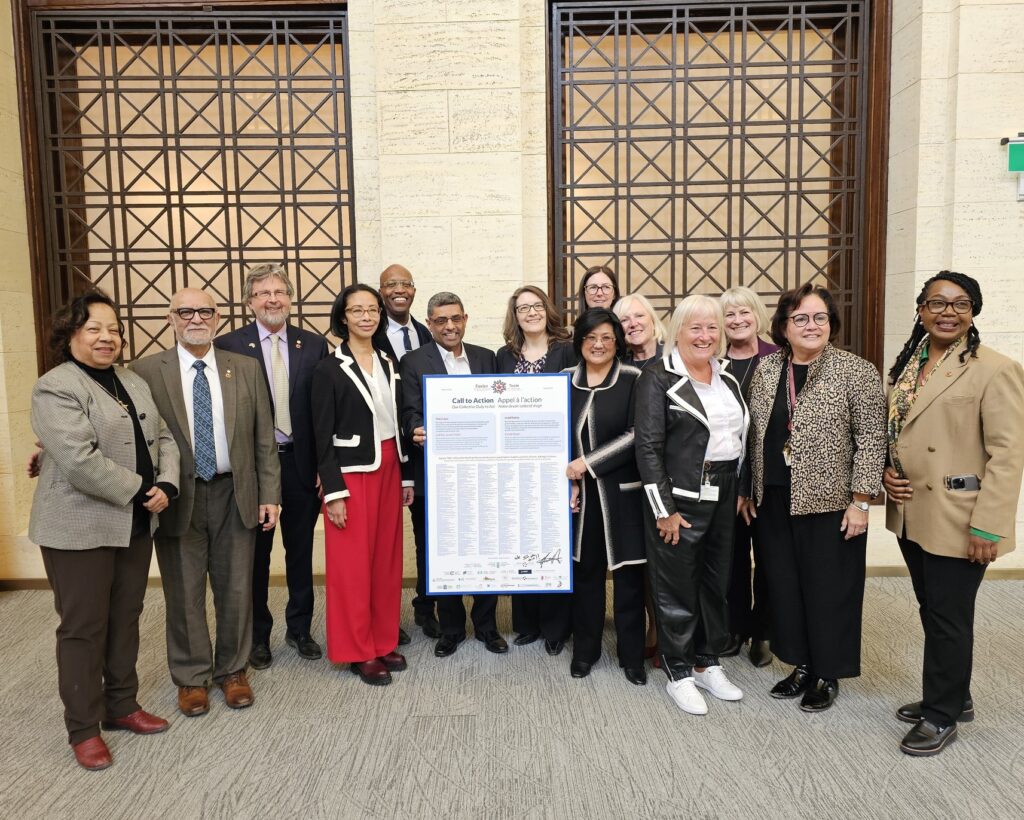
Associate Professors Rachelle Ashcroft and Keith Adamson are contributing to a sustainable solution to Canada’s healthcare crisis by strengthening the integration of social workers in primary care. Together with other healthcare professionals, they are helping develop a national vision for — and enhance education around — team-based primary care.
Professor Shelley Craig and colleagues at the International Partnership for Queer Youth Resilience (INQYR) and Ontario Association of Children’s Aid Societies (OACAS) underscored the evidence on and advocated for the importance of affirmative and trauma-informed services in care for 2SLGBTQ+ populations, who are overrepresented in the child welfare system.
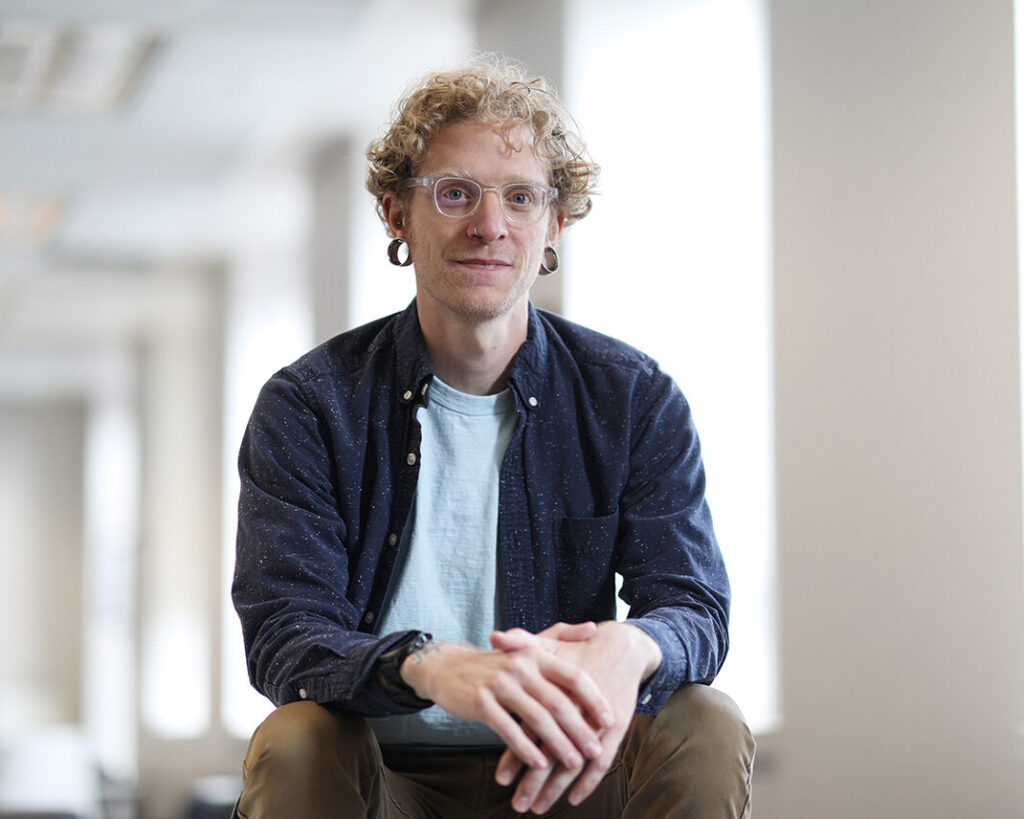
Assistant Professor Kyle T. Ganson launched a unique collaboration with pediatricians that will help health care professionals better identify, treat and prevent the adverse effects associated with the use of appearance- and performance-enhancing drugs and substances.
Professor Peter A. Newman is gathering evidence on the degree to which LGBTIQ people in India, Thailand, Bangladesh, Hong Kong and Taiwan enjoy full and free participation in economic, social and political life — key factors associated with one’s vulnerability to HIV infection. The multidisciplinary research partnership he leads helped inspire the inclusion of gender affirming hormone therapy and surgery in India’s health insurance plan, expanding health insurance coverage among an estimated 4.8 million trans people.
Research led by Professor Ka Tat Tsang on the complexities of inter-ethnic relationships in Canada’s settlement sector are challenging assumptions about immigrant adaptation in Canada and emphasizing the importance of recognizing and accommodating the diverse needs of newcomers and Indigenous populations alike in the nation-building proce
Associate Professor Stephanie Begun is empowering youth as researchers to improve access to abortion for equity-deserving groups by making information and services more accessible and affirming and by developing curricular and professional development materials for social workers.

A new policy brief from the Fraser Mustard Institute for Human Development Policy Bench, led by Professor Barbara Fallon, compiled evidence on how to better serve children and youth with complex needs across Ontario’s child-serving public sectors.
Professor Eunjung Lee led the first study to map out social justice and diversity education in Canadian schools of social work. The study noted the challenges and opportunities for strengthening social justice and diversity courses
Drawing on their global research and expertise on culturally responsive services and support, the Centre for Research and Innovation for Black Survivors of Homicide Violence (The CRIB), led by Associate Professor Tanya Sharpe, provided training to over 40 regional communications officers at the Parole Board of Canada.

In January, U of T’s Artificial Intelligence for Justice Lab (AIJ) led by Assistant Professor Jia Xue celebrated the remarkable strides it’s made over the last four years. The Lab has established itself as a leader in human-centered data science related to intimate partner violence, sexual assault, school bullying, health information communication, Human-Centered AI and more.